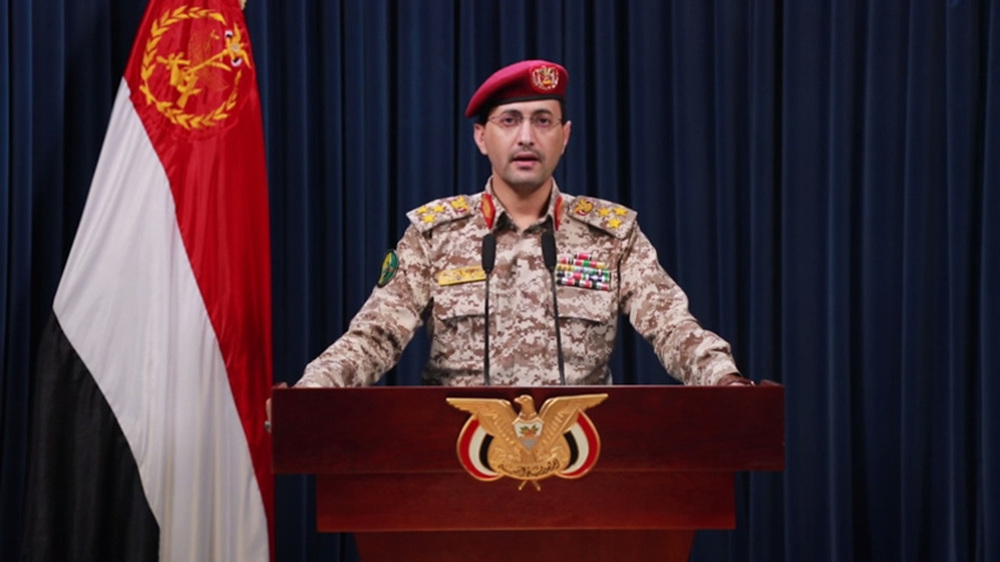Millions of Yemenis in desperate health situation, warns MSF
The international medical charity Doctors Without Borders has warned that millions of Yemenis face a "desperate" health situation on top of the ravages of war as Saudi Arabia continues its military aggression against its impoverished neighbor.
Doctors Without Borders, known by the French acronym MSF (Medecins Sans Frontieres), warned on Thursday that thirty months of war have had a devastating effect on the lives of civilians, including a large number of children.
"Thirty months of war, high prices for consumer goods and unemployment have had a massive impact on people," MSF said, adding that a "great number of children" suffered from malnutrition.
Meanwhile, Ghassan Abou Chaar, head of the MSF mission in Yemen, said in a statement that "millions of Yemenis who cannot access primary health care (are in a) desperate situation."
According to MSF, health workers have not been paid for the past 13 months across the conflict-ravaged country.
Mark Lowcock, head of the UN Office for the Coordination of Humanitarian Affairs (OCHA), who visited the Middle East's poorest country last week said "it has been shocking to see the terrible impact of this man-made conflict."
The United Nations has already described the ongoing conflict in Yemen as the "largest humanitarian crisis in the world." The war has left seven million people at risk of famine and an estimated 17 million, or about 60 percent of the overall population of the country, food insecure.
On Sunday, the World Food Programme (WFP) said that food was being used as a "weapon of war" in Yemen at a time when millions of people faced an impending famine in the country.
Saudi Arabia has been incessantly pounding Yemen since March 2015 in an attempt to crush the popular Houthi Ansarullah movement and reinstate the former president, Abd Rabbuh Mansur Hadi, a staunch ally of the regime in Riyadh.
Recently, the United Nations added Riyadh and its allies to a blacklist for the "killing and maiming of children."
Riyadh's deadly campaign has seriously damaged Yemen's infrastructure. Local Yemeni sources have put the death toll from Saudi airstrikes at over 14,000 people.
Another 2,100 people have died of cholera since April as hospitals struggle to secure basic supplies across the country.
Yemen's army spokesman, Brigadier General Sharaf Luqman, has recently said that Saudi Arabia’s massive bombing campaign with poison gas is to blame for the humanitarian crisis and cholera epidemic in the Arabian Peninsula country.
VIDEO | Carol Singers for Palestine on London’s Parliament Square
American warplane downed after Yemeni attacks 'baffled' US air defense: Ansarullah
VIDEO | Yemenis praise the military for its successful operations against Israel
VIDEO | Israel continues to bomb Gaza homes
VIDEO | An insider's view of the country: Meybod City in Yazd
‘All wars have rules. All of those rules have been broken’ by Israel
VIDEO | Report flags India’s violation of rights of Rohingya detainees
Turkey's foreign minister meets Syria's de facto leader in Damascus












 This makes it easy to access the Press TV website
This makes it easy to access the Press TV website